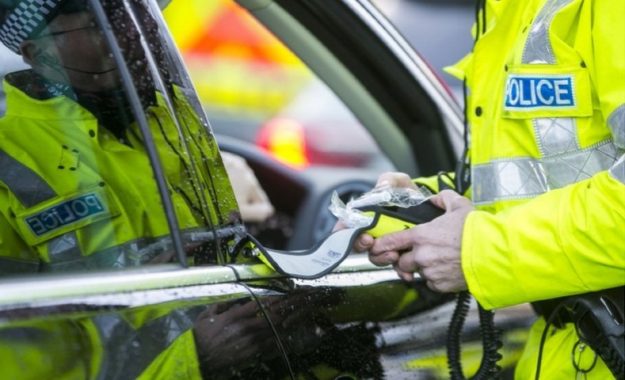Serious Driving Offences And What They Mean For Your Driving Licence
Although they may not be regarded as crimes in the same league as bank robbery and fraud, driving offences will still result in punishments for those who commit them. Although criminal lawyers may not always be required to represent those who commit minor driving offences, they most certainly should be consulted for the more serious driving offences.
The reason for that is that the punishments that can be applied when someone has been convicted of a serious driving offence can go all the way up the scale to include disqualification from driving, fines, and ultimately, a term of imprisonment.
Serious driving offences will include those that involve driving while under the influence of alcohol or drugs, and there are three main definitions of these, which are:

